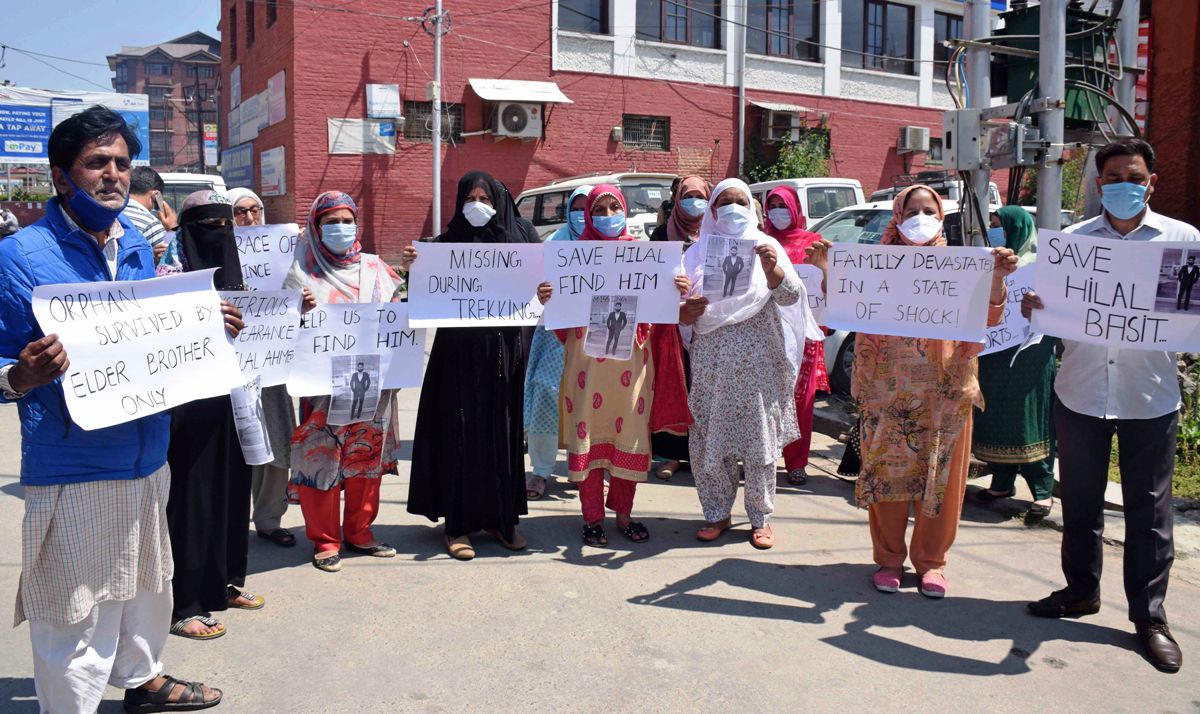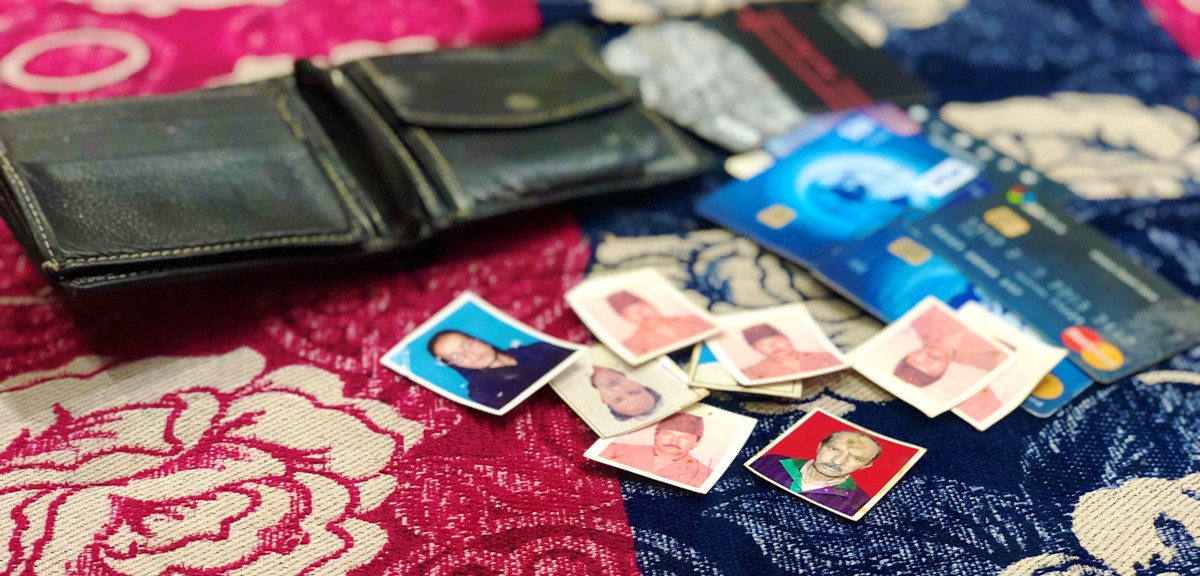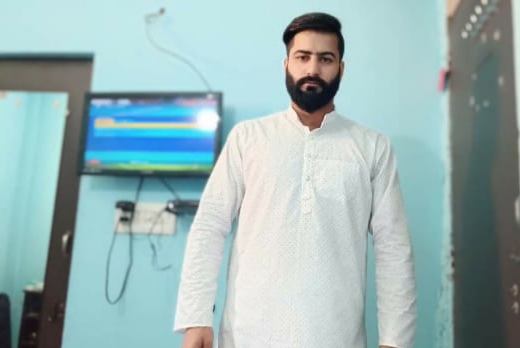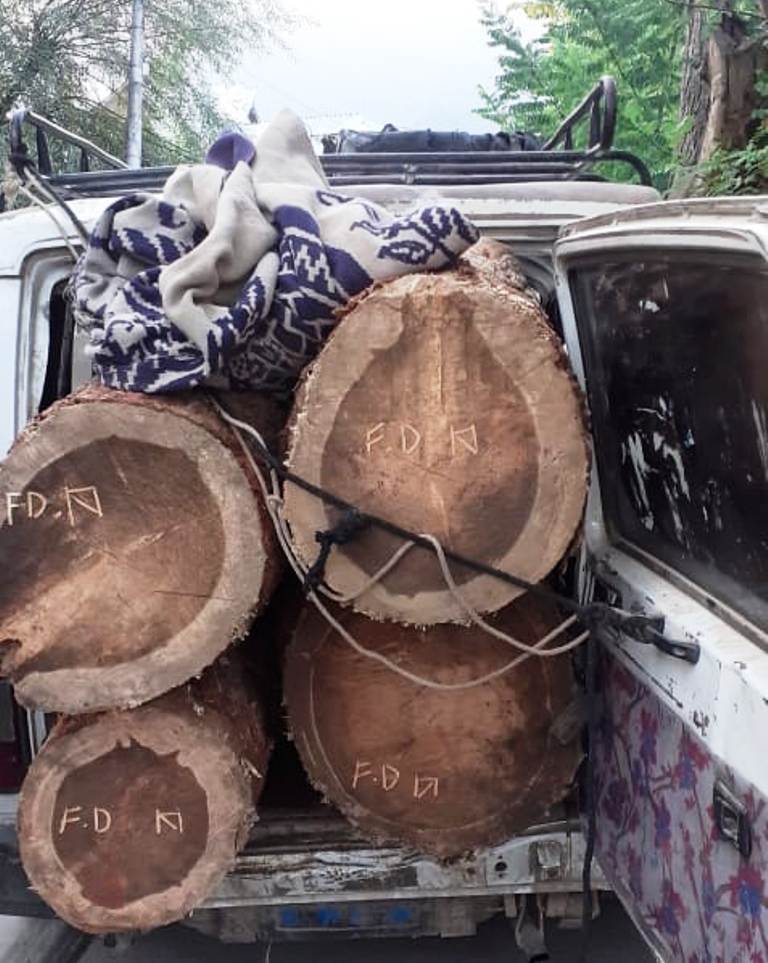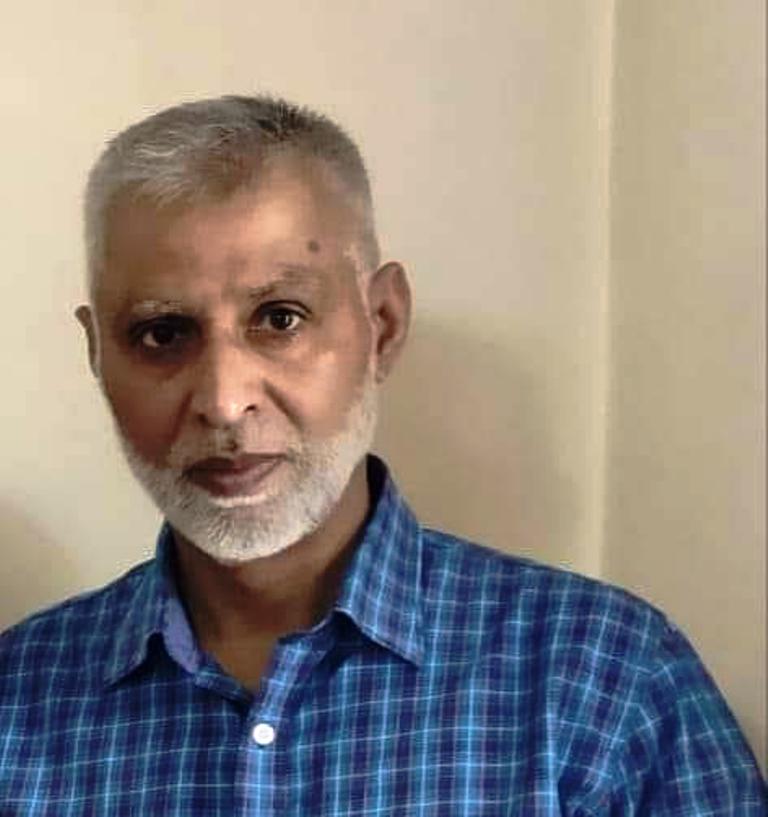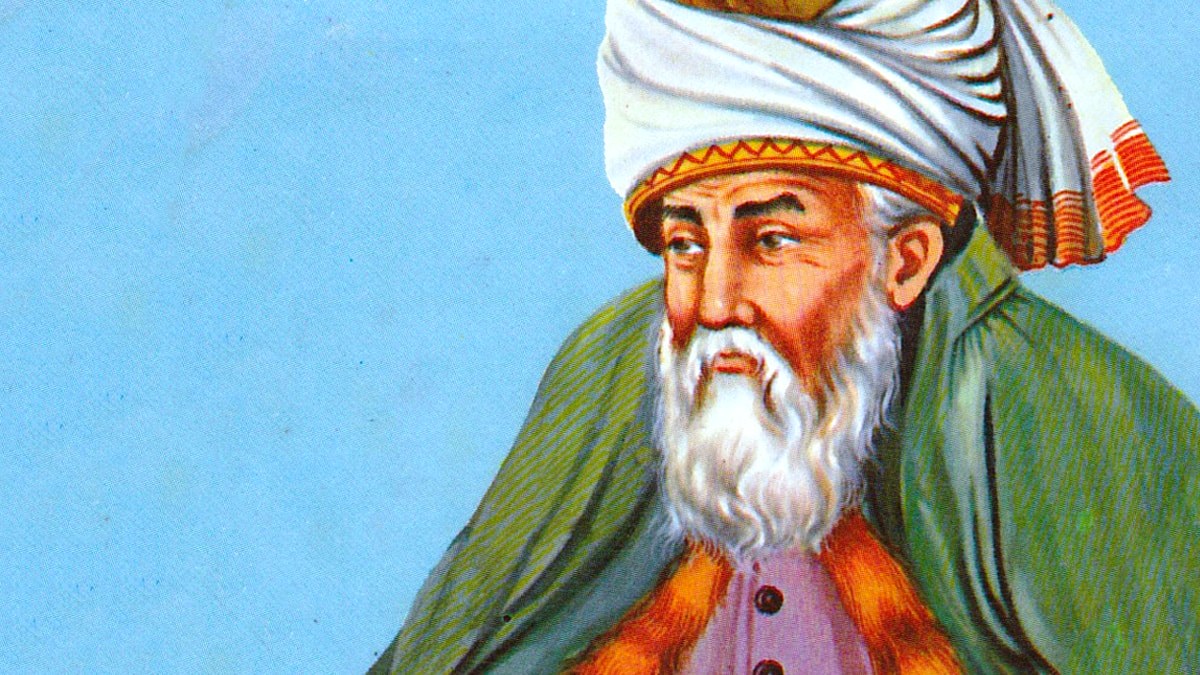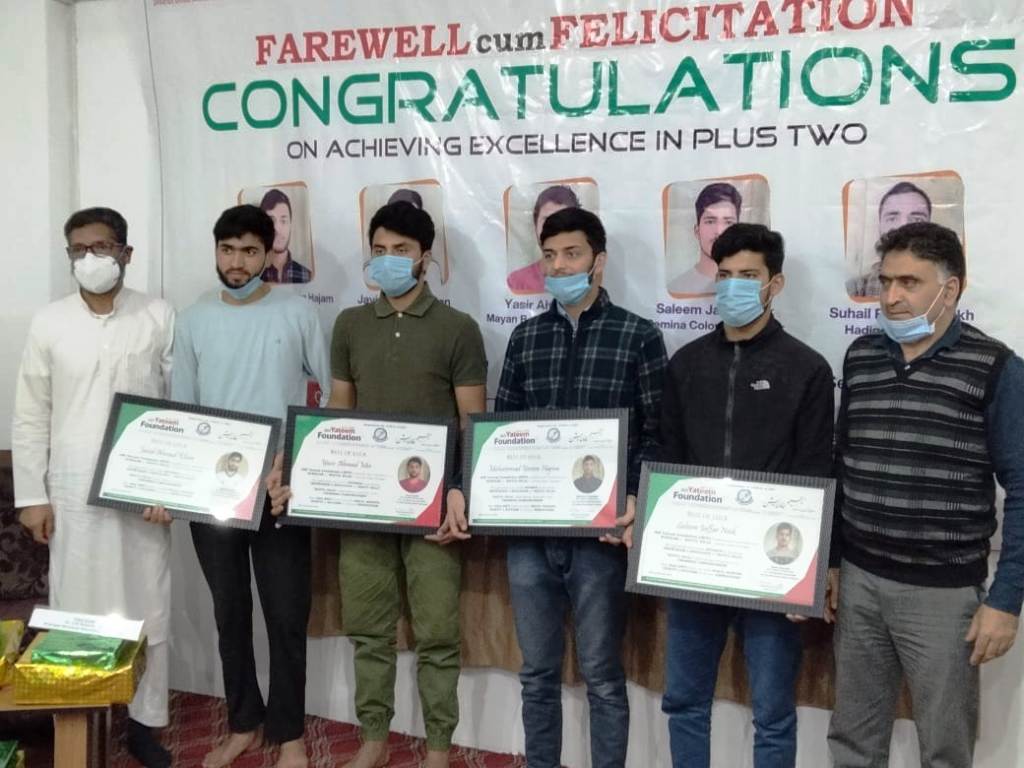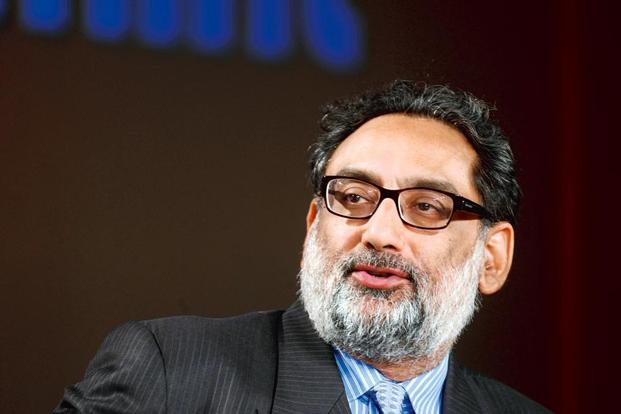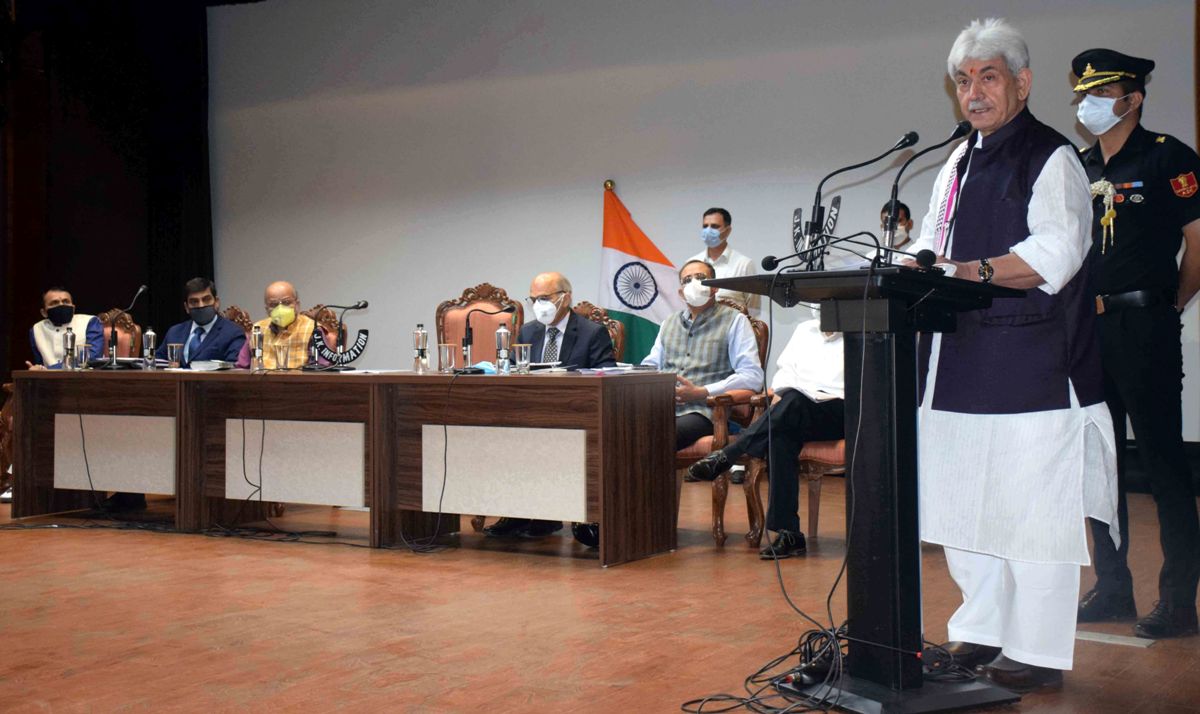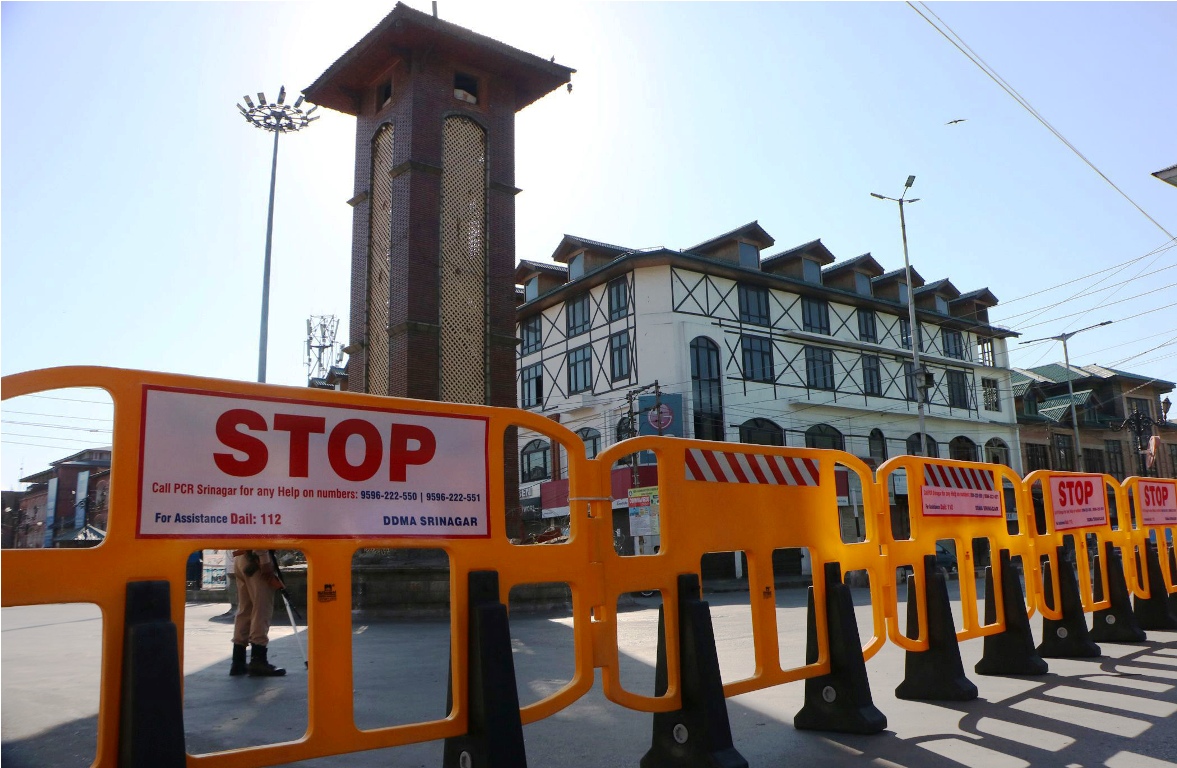SRINAGAR: Apni Party President Syed Mohammad Altaf Bukhari on Wednesday stressed on the government of India to come up with a foolproof domicile law for protection of land rights for the permanent residents of Jammu and Kashmir without any further delay.

Altaf Bukhari Presides over important JKAP meeting in Srinagar on Wednesday, September 30, 2020.
Addressing a party meeting at The Bund in Lal Chowk Srinagar, Bukhari said that though appreciable but there is still a need to address some anomalies with regard to qualifying period in the modified version of Domicile law for jobs so as to make it immune to any judicial review.
He said the Apni Party will pursue vigorously for the Domicile rights on land for the permanent residents of Jammu and Kashmir. “Apni Party is committed to ensure that all the permanent residents of J&K get their full rights reserved on all types of land and immovable properties in the shape of a comprehensive domicile law on lands,” he remarked.
The meeting was attended by Ghulam Hassan Mir, Senior Vice President, Zaffar Iqbal Manhas vice president, general secretary Rafi Ahmad Mir, provincial president Kashmir Mohammad Ashraf Mir, Javid Baig spokesman, provincial vice president Jagmohan Singh Raina, Noor Mohammad Sheikh district president Srinagar, district president Anantnag Abdul Rahim Rather and district president Baramulla Shoaib Lone.
Party’s senior leader Mohammad Dilawar Mir besides other party leaders Abdul Majid Padder, Raja Manzoor, Ghulam Mohammad Bhawan, Javed Ahmad Mirchal, Muntazir Mohi-u-Din, Syed Farooq Andrabi, Mohammad Ashraf Dar, Mudasir Ahmad Khan, Irfan Naqib, Nazir Ahmad Wani (Dailgami), Mushtaq Ahmad Ganaie, Dr Mir Samiullah, Syed Showkat Gayoor, Ghulam Mohammad Mir, Imad Rafi Mir, Javid Ahmad Mir, Aijaz Ahmad Rather, Jeelani Kumar, Abdul Rashid Haroon, Mir Tajamul Ishfaq, Muzaffar Hussain Reshi, Imtiyaz Ahmad Rather, Khurshid Ahmad Malik, Abdul Rashid Bhat, Mohsin Zaffar Shah, Mohammad Yaseen and Mohammad Shafi Mir also joined the meeting.
Referring to the suffering of people across J&K, Bukhari said that there is a huge disconnect between people and the administration. “Since there is no popular government in place which could have been accountable before the public, most of the bureaucrats are callous and are hardly bothered about miseries of the people. People have realized that an elected government, how much worse it may be, is still better than the Governor’s rule,” he added.
Bukhari reiterated his demand for restoration of Statehood and release of all political detainees for making a conducive atmosphere in J&K. “Statehood is essential to address the woes of people who feel more alienated with the Governor rule. The government of India should not only restore the Statehood but initiate a democratic process to address this growing disenchantment among the people,” he demanded.
He expressed deep concern on the rising number of deaths due to COVID and urged the J&K government to address the mismanagement of patients in hospitals especially in Jammu region. “The government should ensure round the clock oxygen supplies as a significant number of deaths are reported to due to lack of oxygen supplies,” he added.
Speaking on the recent economic package of Rs 1350 Cr Bukhari termed it as a good beginning but sought liberal funding for the revival of shattered economy in J&K. Similarly, he demanded immediate implementation of government policy on regularization of daily wagers, casual workers, consolidated, contingency paid, ITI trained, NHM, NYC, HDF and adhoc employees recruited by previous regimes.
Bukhari also demanded adequate compensation including jobs for three Rajouri families and punishment to guilty and immediate conclusion of probe in Sopore incident in a transparent manner so as to address the alienation among the people.
He also demanded a revised and comprehensive policy for ensuring protection of minor mineral rights for residents of J&K. Bukhari urged the government to chalk out a comprehensive policy to ensure the basic rights of permanent residents of J&K are nsures on their natural resources. He was referring to the plight of lakhs of families associated with the mining activities across J&K.
Emphasizing the importance of regional road connectivity in revival of economy, Bukhari stressed on opening of all regional connectivity links including Kishtawar-Sinthan road and Mughal Road besides keeping Srinagar-Jammu National Highway open for round the clock movement of people particularly fruit and vegetable laden trucks.
He also called on the J&K government to ensure availability of buffer stock of essential commodities, ration, fuel, LPG and electricity transformers, conductor wires, poles etc in Kashmir Valley for the coming winter.
During the course of meeting almost all the leaders spoke on various issues and problems faced by the people in Jammu and Kashmir and following resolutions were passed:
Restoration of Statehood
The meeting resolved to raise and pursue the restoration of Statehood for Jammu and Kashmir which is an essential prerequisite for mitigation of sufferings of the people. People in J&K are facing immense miseries due to lack of effective governance which is never possible in a Governor’s rule. Hence the government of India should not delay the fulfillment of its promise made by the country’s top leadership in the house of Parliament and restore the Statehood to J&K at an earliest.
Since the people in J&K are anxious for restoration of Statehood and feel dejected in absence of a popular government which is imperative for any democratic set up, the meeting also resolved to remind the government of India about initiation of a much needed electoral process.
Domicile Rights on Land and Jobs
While there is still a need to address some anomalies in Domicile law for jobs so as to make it immune to any judicial review, the meeting resolved to pursue vigorously for the Domicile rights on land for the permanent residents of Jammu and Kashmir.
The meeting also resolved that there should be a comprehensive Domicile law for the permanent residents of J&K so as to safeguard their proprietary rights of land and immovable property.
Release of Detainees
It was unanimously resolved that Apni party will raise and pursue for the release of political detainees. Though it is an appreciable step that most of the leaders belonging to various political parties have been released and PSA against them revoked the detention of hundreds of other political activists who were detained around the August 5, 2019 continue to remain in jails without any review.
The meeting also resolved that there has to be a compassionate policy regarding those detainees who are citizens of J&K and are in jails under Public Safety Act. It would be a great Confidence Building Measure if the cases of these PSA detainees are reviewed on humanitarian grounds to facilitate their early release.
Regularization of Daily wagers
It was unanimously resolved that Apni Party all put in all its efforts to raise and pursue the issue of pending regularization of around 60000 workers who are employed in different departments under different nomenclature like Daily Wagers, Causal Labourers, Need Based, Consolidated, ITI trained, NHM, HDF, NYC, Housing Board PDLs, Contingency Paid Employees, Contractual and Adhoc appointees. The existing policy on regularization of these workers should be implemented in letter and spirit.
Comprehensive Policy for geology and mining rights
The meeting discussed various works pertaining to extraction of building/construction material from the rivers and streams which have been decentralized in J&K and have been allotted to the outside contractors without taking into consideration the fundamental rights of the locals on their natural resources. This unilateral move has caused immense sufferings to the lakhs of families of J&K who are associated with this business for the age now. This decision has also added to the element of corruption in departments like Irrigation and Flood Control, Geology and Mining, Rural Development Department, Police, Revenue etc.
The meeting resolved that there is a dire need for formulation of a comprehensive policy that will ensure the protection of mining rights for the residents of J&K. The loopholes in the government order issued through an amendment to the J&K Minor Mineral Rules of 2016 were highlighted and discussed during the meeting. The meeting resolved that the condition of availing Environmental Clearance for the contractors before starting the mining activities on a Short Term Permit basis needs to be reviewed.
It was also resolved that the amendment to the JK Minor Minerals Rules 2016 granting short-term permits to Panchayat Raj Institutions on land up to one hectare is bereft of any logic and need to be revised to safeguard the interests of lakhs of lakhs of families across J&K whose livelihood depends of mining activities.
Revival of Tourism and its allied industrial sector:
It was resolved that the recently announced economic package of Rs 1350 Cr by Lt. Governor Lt. Governor Manoj Sinha has neglected the tourism and allied sectors including hotels, handicrafts, tour operators, houseboat owners and Shikara owners which is critical to the revival of the distressed economy of Jammu and Kashmir.
The meeting resolved that J&K government should revisit its economic package and include all the left out sectors who have been the worst since August last year.
National Highway and Regional Connectivity within J&K:
It was resolved that it is imperative for a well-managed administrative plan to be put in place to ensure continuous movement of vehicles and commuters on Srinagar-Jammu National Highway. This Highway should be kept open round the clock for the movement of fruit and vegetable laden trucks to avert huge economic losses entailed by orchardists and farmers.
It was also resolved that Mughal Road and Kishtawar-Sinthan roads need to be kept open for to and fro movement of passenger vehicles to support the Srinagar-Jammu National Highway which is presently in dilapidated condition. The administrative orders for availing prior travel permission should be done away with immediately and the movement of people should not be restricted on these alternate regional connectivity links.
Create buffer stock for winter
The meeting resolved that the J&K government should create a buffer stock of essential commodities like Ration, LPG, Kerosene, fuel and electricity transformers, poles, conductors wires etc in Kashmir valley in view of the coming winters. The meeting also stressed on the administration to remain vigilant and well prepared for winters in advance in order to ensure that people are not subjected to the weather vagaries in the coming months.
Zero Tolerance for Human Rights
The meeting resolved that the J&K government should pay adequate compensation to the three Rajouri families and conclude the probe in Sopore incident in a fair and transparent manner. The meeting also emphasized on the need for zero tolerance of human rights in J&K.
Mismanagement of COVID-19
The meeting resolved that hospitals across J&K should be provided with adequate oxygen supplies so to enable them to deal with the patients particularly those infected with COVID-19. The meeting expressed its concern on the rising number of deaths due to COVID and stressed on the government to take all measures to deal with this crisis more efficiently. The meeting also appealed the people to strictly abide by the COVID-19 protocol including its health and social distancing advisories in order to stem the spread of this deadly disease any further.
Welfare of Pandit community
The meeting resolved that the J&K government should address the grievances of the Pandit community particularly at Jagti colony in Jammu and ensure they do not suffer for want of basic amenities. The meeting also expressed solidarity with the non-migrant Pandit families living in different parts of Kashmir valley and demanded that the job package approved by the Government of India for these families should be implemented without any further delay.
Withdraw the income slab for reservation to Pahari tribe:
The recently issued notification wherein an income slab has been fixed for availing reservation of Pahari speaking tribe for availing benefit of reservation has added insult to the injury. The meeting resolved that the government should revisit its anti-Pahari decision and remove the income slab for the members of the Pahari Tribe who after a long battle were granted 4 % reservation in jobs in the government sector.
Construction of Bunkers in forward areas:
The meeting resolved that the government of India should go for speedy construction of concrete bunkers for hapless people near firing range in Karnah, Tangdhar, Keran, Uri and forward areas of Jammu province as the inhabitants of these areas are vulnerable to frequent border skirmishes which result in death and destruction of properties.
Though a speedy action was assured at the highest level in the country but no major progress has been witnessed in this direction. There is a feeling that even this human tragedy is not free from lopsided treatment, which needs to be allayed by the government.
from Kashmir Life https://ift.tt/34bFhjN
via
IFTTThttps://kashmirlife.net
